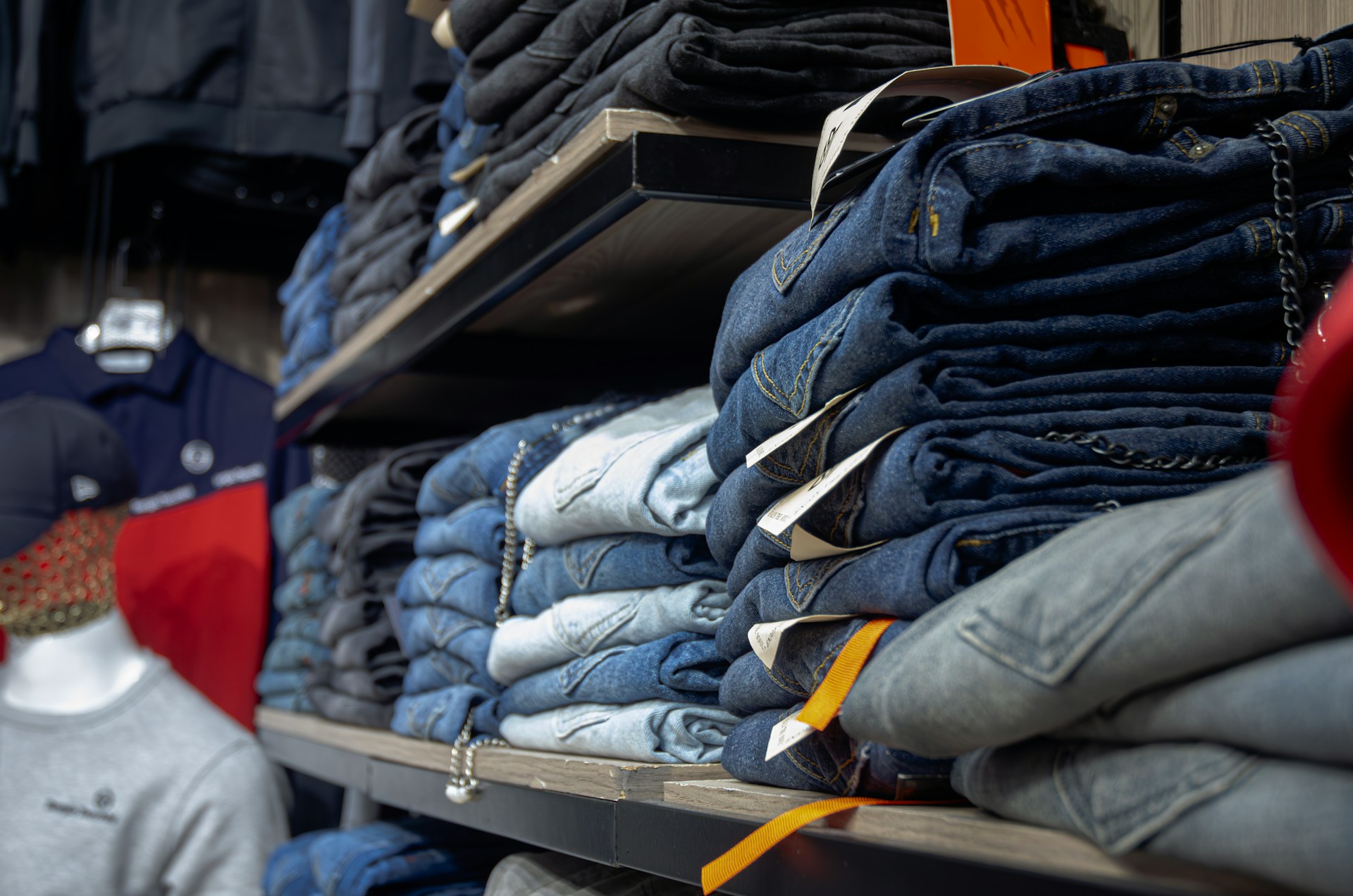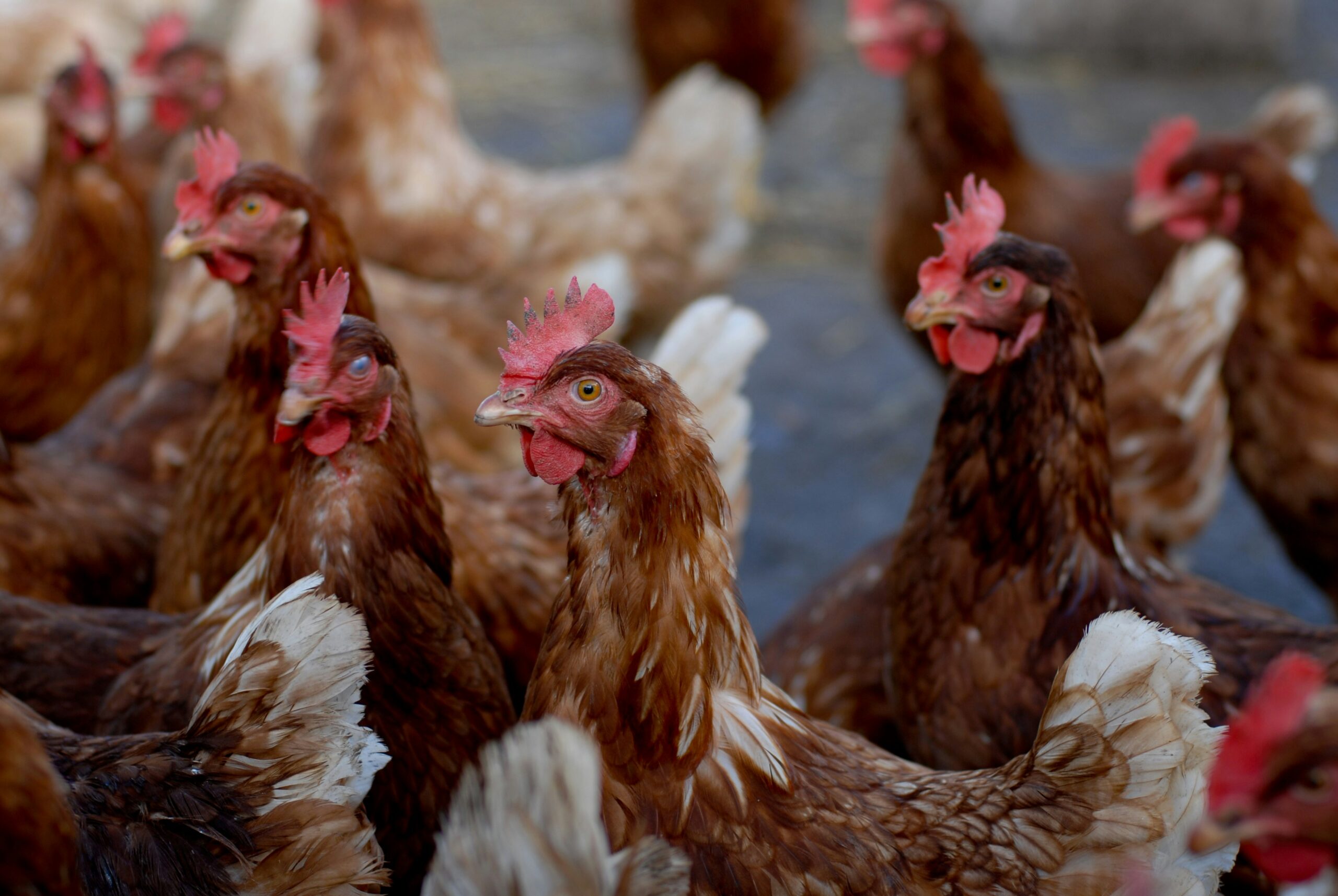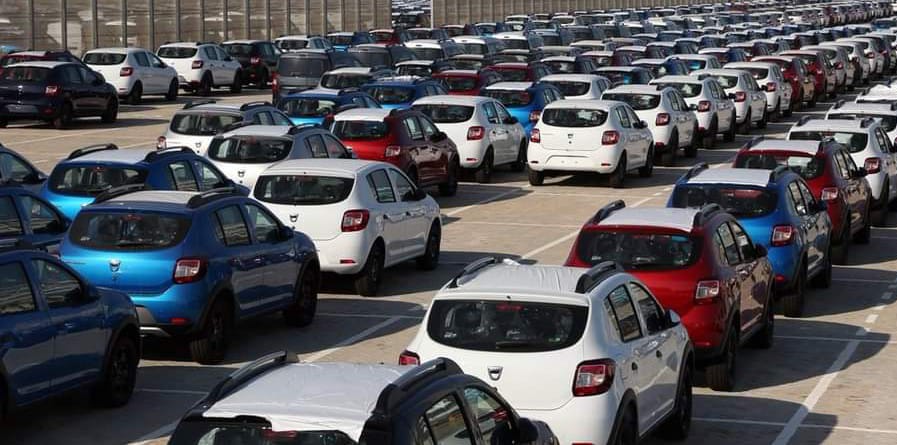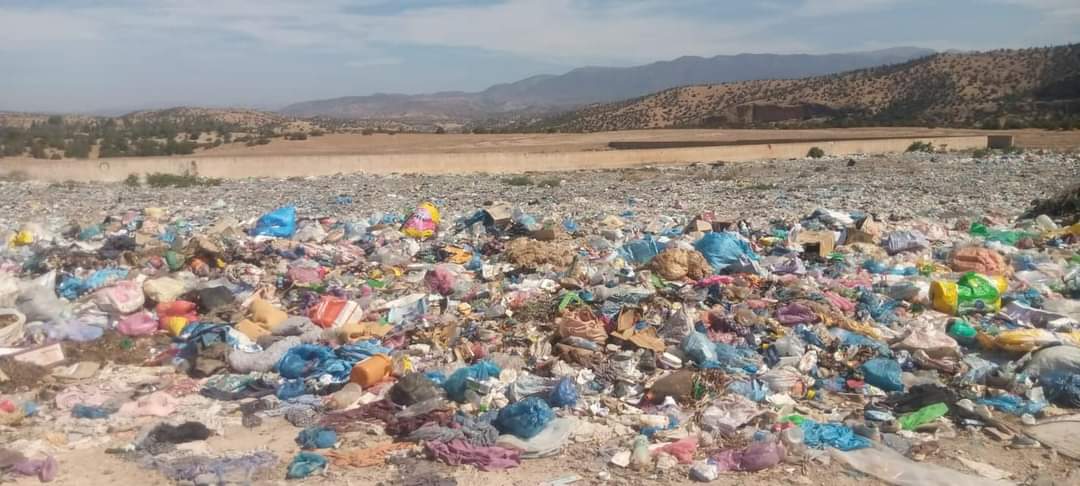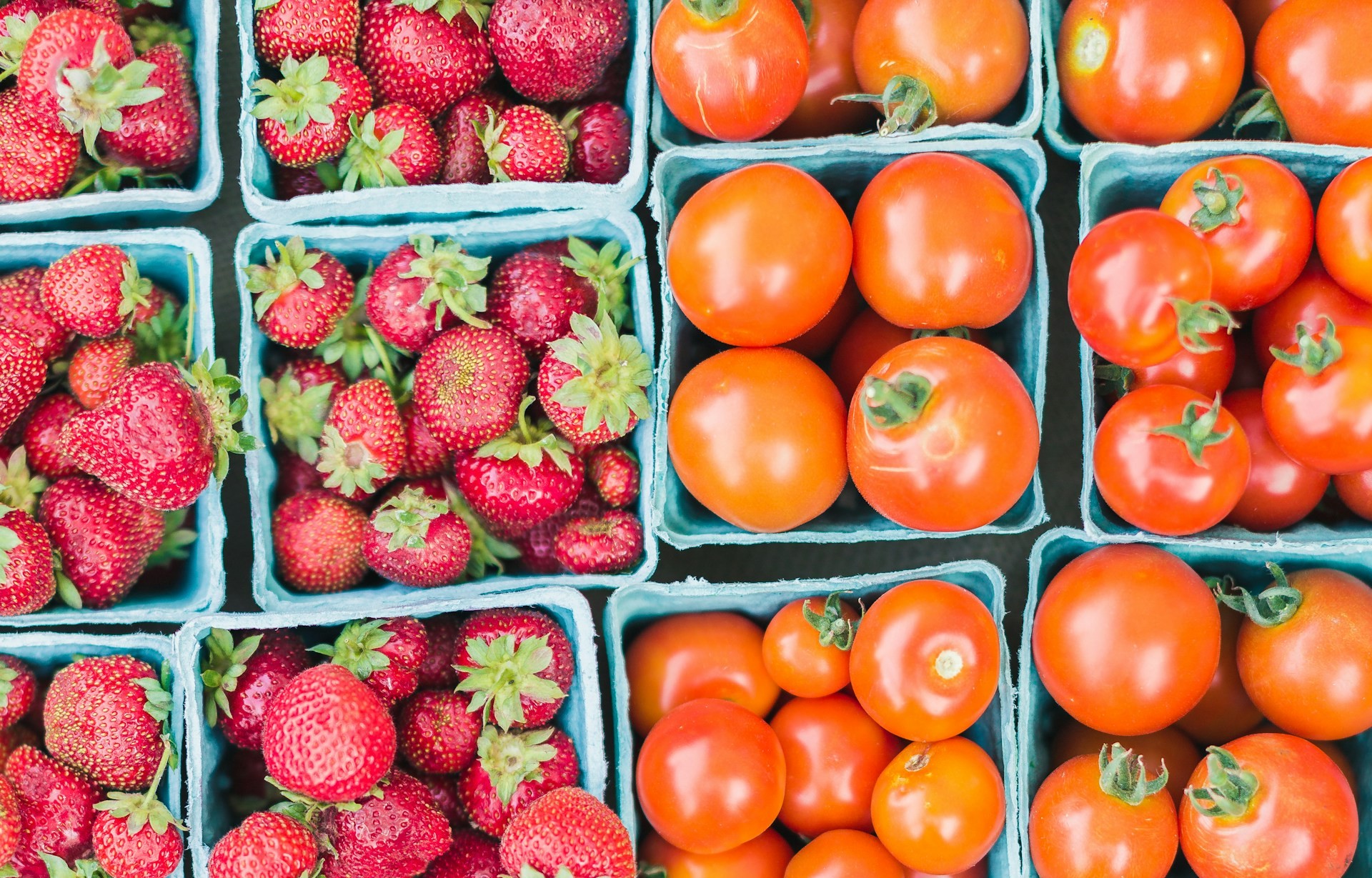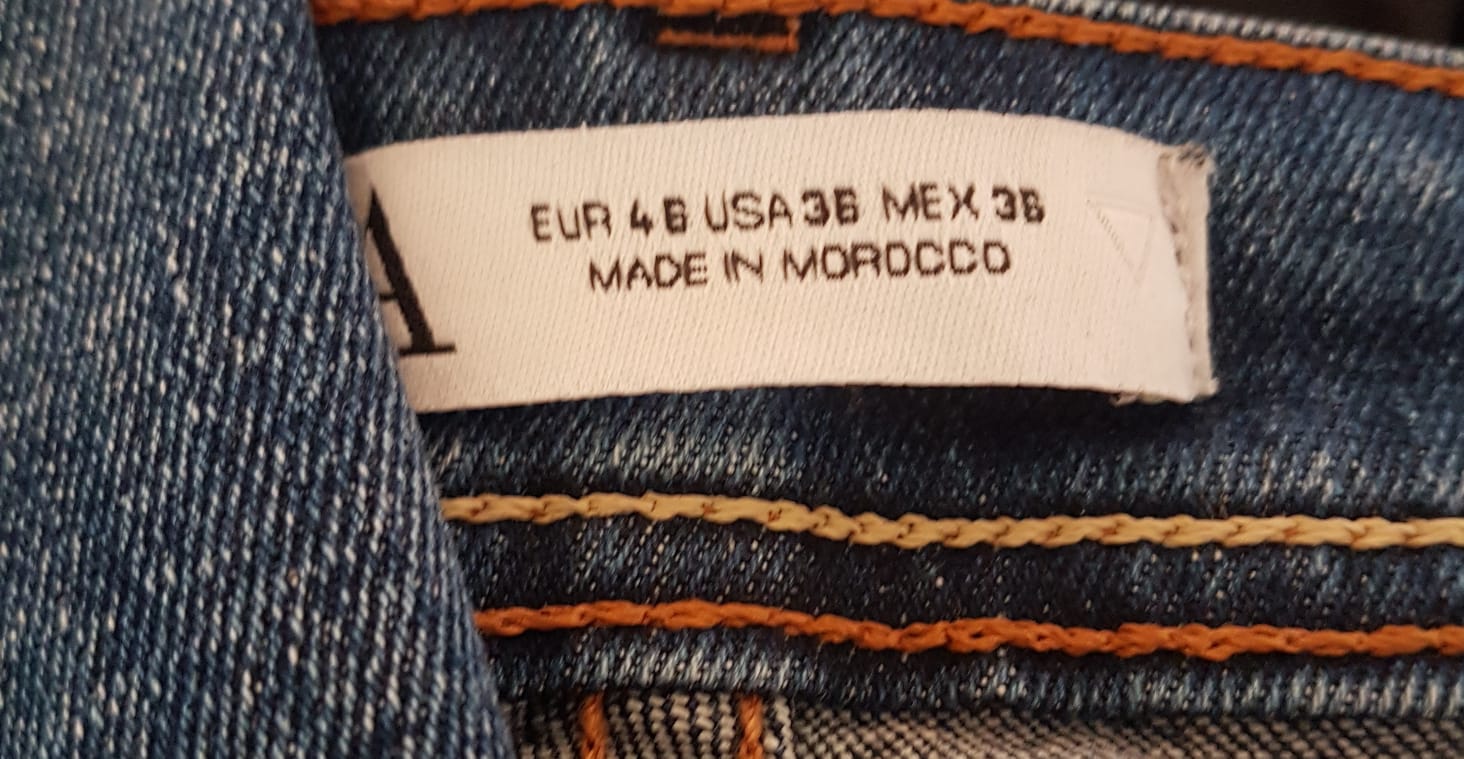Casablanca – Spain is facing renewed debate over its poultry import policy after a severe outbreak of avian influenza disrupted the domestic poultry sector and triggered widespread concern among consumers and producers alike. The rapid spread of the virus in Spanish farms throughout 2025 has not only resulted in significant economic losses but also reignited the discussion about poultry imports from Morocco—despite repeated assurances from Spanish and European authorities that no link exists between the outbreak and foreign products.
The controversy began resurfacing in recently as social media platforms circulated reports suggesting that the European Union continued to import processed chicken products from Morocco despite the health crisis. These reports fueled speculation—and in some cases, outright accusations—that imported poultry may have played a role in worsening Spain’s sanitary situation. However, Spanish authorities have firmly rejected such claims, describing them as unfounded and inconsistent with the established monitoring protocols governing imports from third countries.
According to the Ministry of Agriculture, Fisheries and Food, Spain recorded more than 74,000 cases of avian influenza between January and October 2025. These figures led to the country losing its status as a “disease-free” zone at the World Organisation for Animal Health, triggering stricter monitoring, containment protocols and extensive culling measures. The virus spread sharply in September and October, marking the peak of the crisis and prompting authorities to activate the European emergency protocol. This included eliminating entire flocks at infected farms, as well as birds in surrounding areas, regardless of their health status, in an effort to prevent further transmission.
The cumulative impact of the outbreak has been severe: more than 2.5 million birds have died this year, either directly from the illness or as a result of preventive culling carried out under mandatory European guidelines. The reduction in supply translated into noticeable disruptions in the Spanish market. Some stores reported shortages of free-range eggs and traditional “country eggs,” while the price of eggs in general rose significantly. Despite the scale of the impact on the poultry sector, public health agencies maintain that the risk to human health remains low.
These developments reopened a debate dating back to June 2022, when the European Commission authorized Morocco to export poultry meat—including chicken and turkey—to the European market. At the time, the decision met with resistance from segments of the Spanish poultry sector, which feared competitive pressure and questioned the alignment of sanitary standards. The approval of Moroccan exports also became a political talking point, with some groups claiming that allowing products from outside the EU could undermine the bloc’s food safety controls.
However, EU regulations impose strict conditions on all third-country poultry exports. Moroccan poultry products destined for the EU fall under “Health Treatment D,” which requires that meat be fully cooked or frozen according to specific sanitary protocols designed to eliminate pathogens, including avian influenza viruses. This framework ensures that imported products cannot carry live viruses or pose epidemiological risks. Furthermore, Morocco is not authorized to export live birds or breeding poultry to the EU—categories that carry a higher risk of disease transmission and require even more stringent certification.
Spanish and European authorities have emphasized these points in their attempts to counter misinformation. The evidence, they say, indicates that the surge in bird flu cases is linked primarily to domestic transmission pathways within Spain’s poultry farms. The country remained free of the disease in 2023 and 2024, before new outbreaks emerged in early 2025, aligning with cyclical patterns of avian influenza observed throughout Europe and other major poultry-producing regions. In addition, other major suppliers to the European market, such as Brazil, have also faced isolated outbreaks, prompting Brussels to implement temporary preventive measures unrelated to Morocco.
Analysts note that the debate around imports reflects broader pressures on the poultry sector, which has been affected by production costs, market competition, and recurring biosecurity concerns. The sharp outbreak of 2025 amplified these tensions, giving rise to public debates that often conflated economic anxieties with sanitary issues. Experts argue that distinguishing between legitimate market concerns and questions of epidemiological risk is essential to ensuring public confidence and avoiding unnecessary disruptions in trade relations.
As Spain continues to implement containment measures, authorities insist that the priority remains restoring sanitary stability within domestic farms. They stress that strict European veterinary protocols—applied equally to domestic production and imports—provide robust safeguards to protect consumers and prevent the cross-border spread of disease. For now, the official position remains unchanged: Moroccan poultry imports meet all EU health standards, and the causes of the current outbreak lie within Spain’s own production system, not in foreign supply chains.


